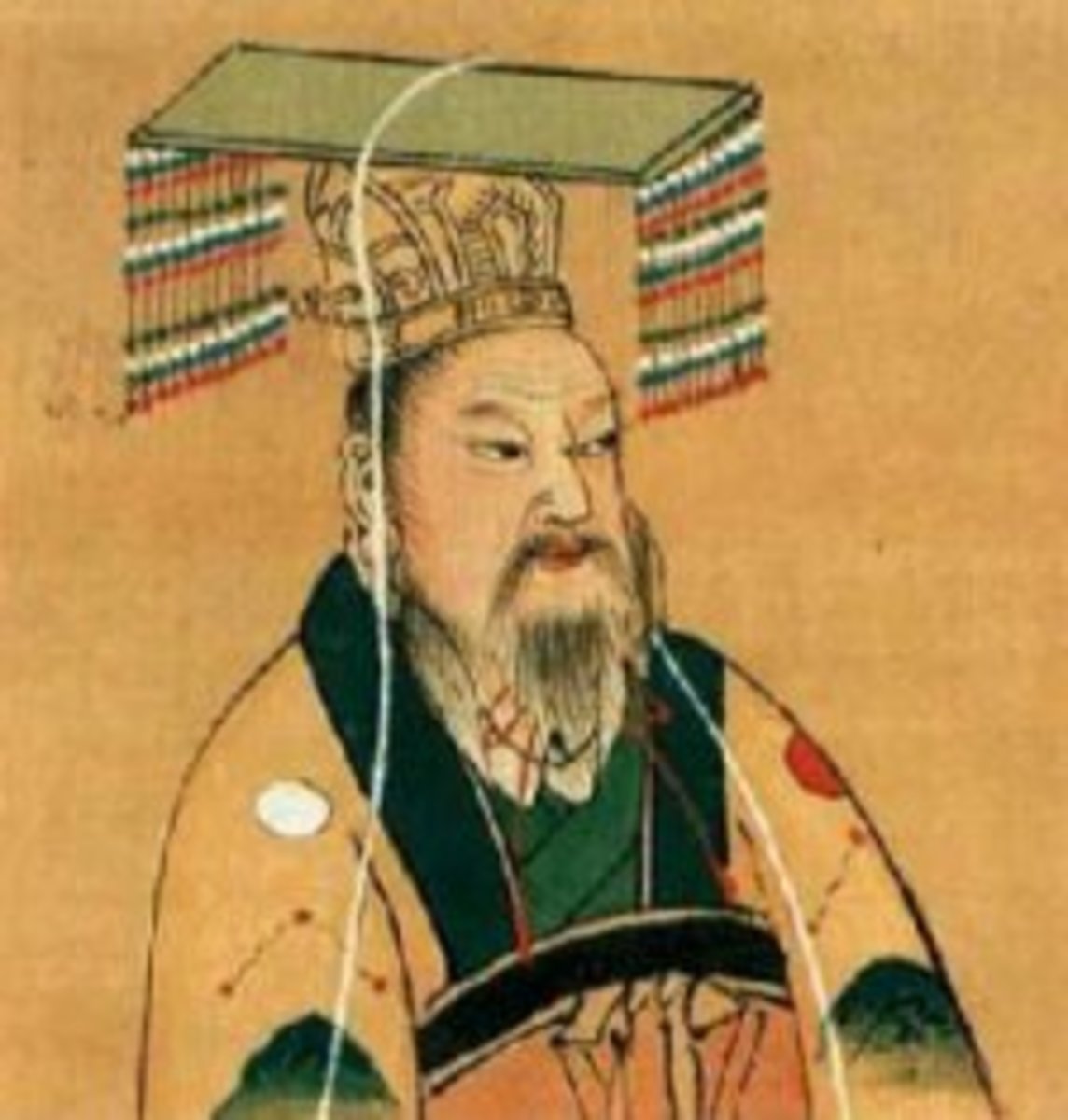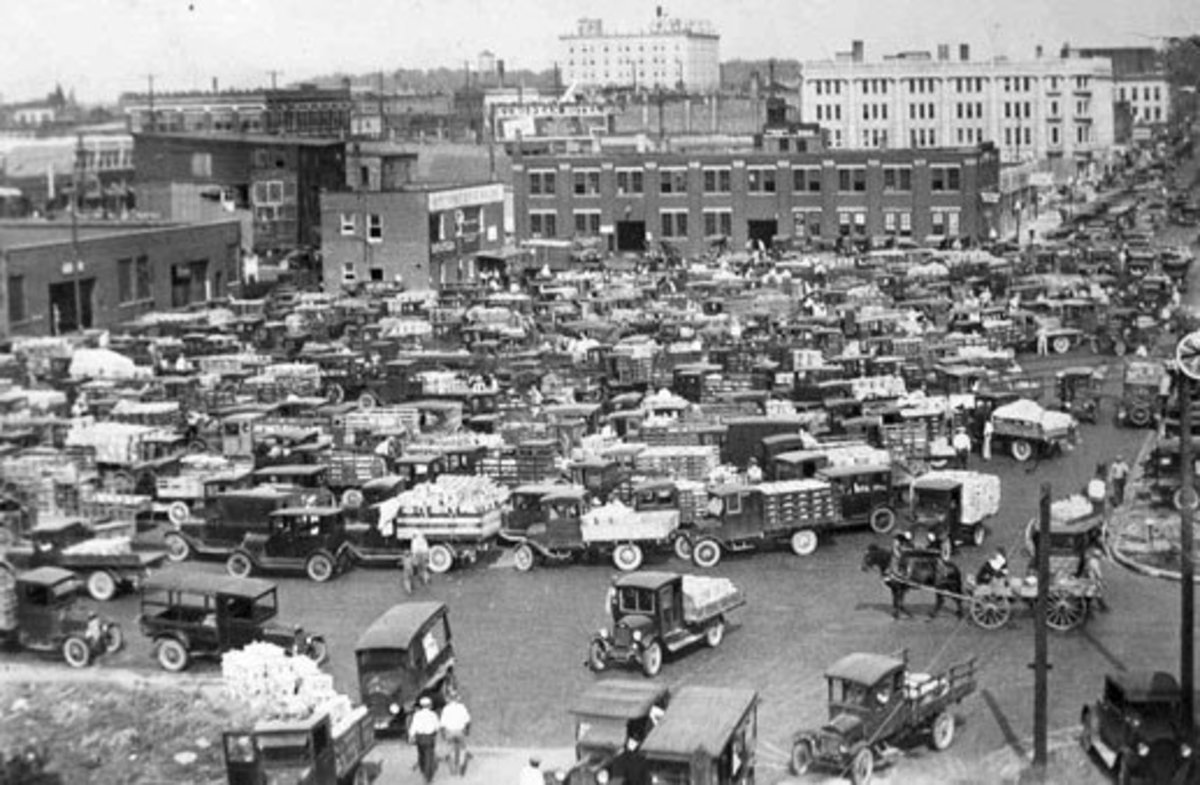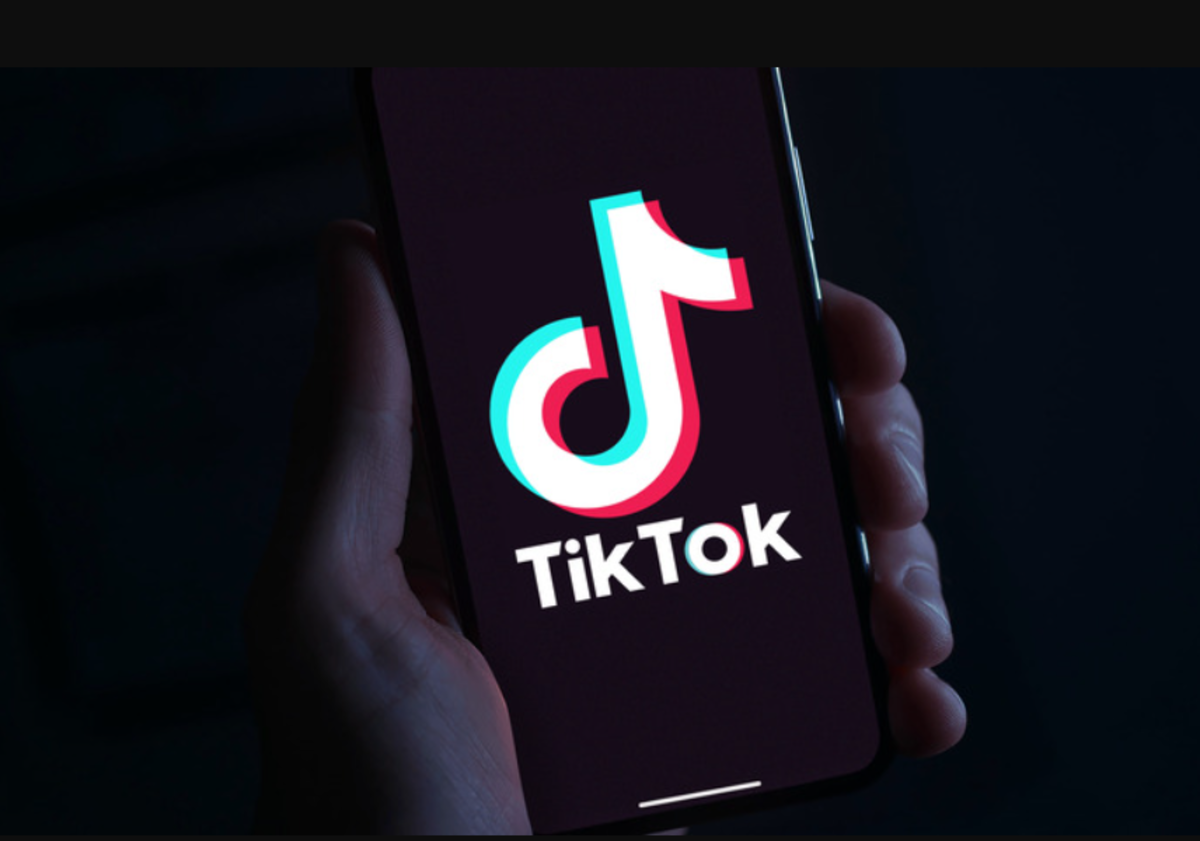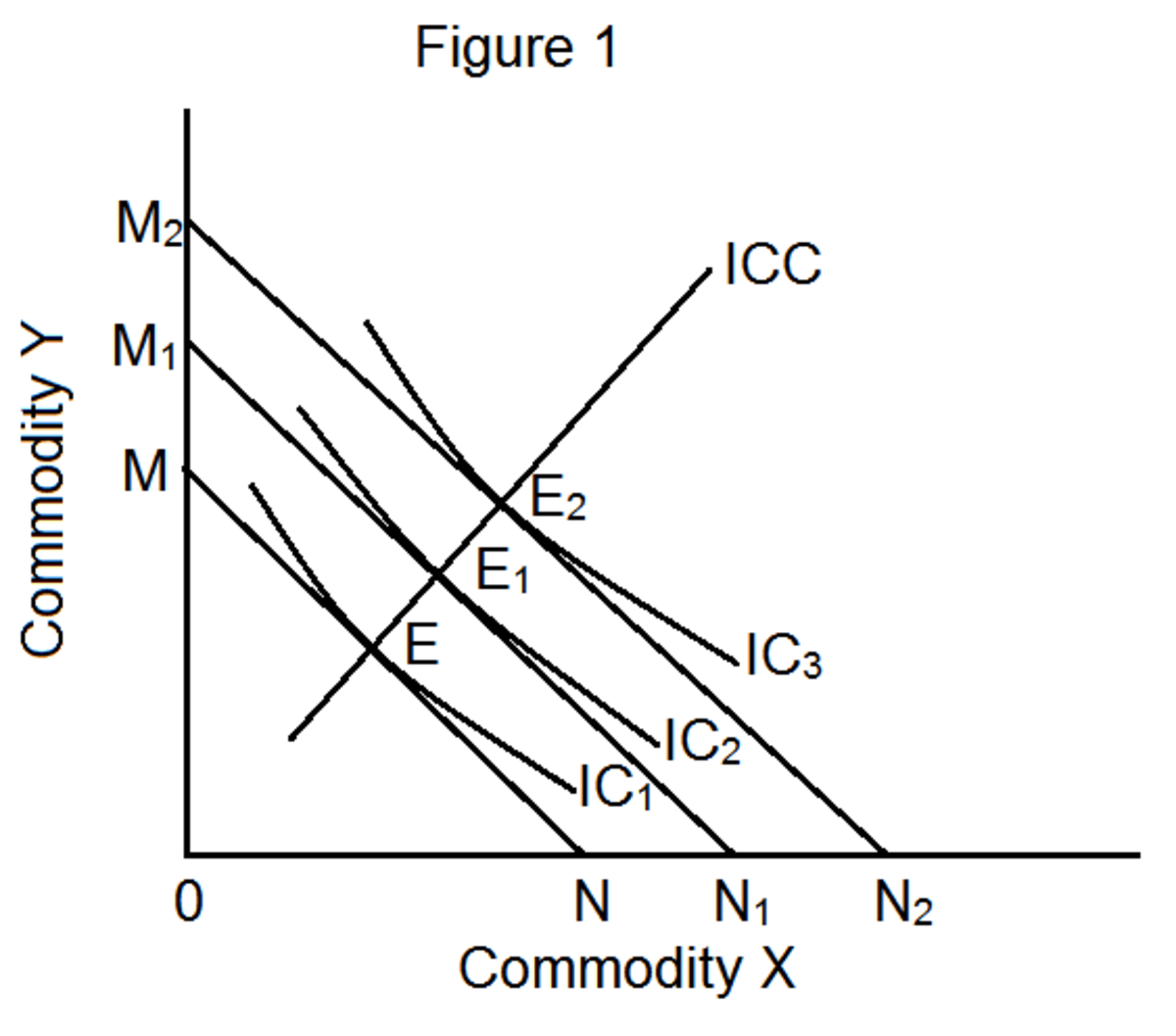Foxconn, Management, Government, Relations, in China's Labor Law Problem: What is with Chinese Work Mentality?
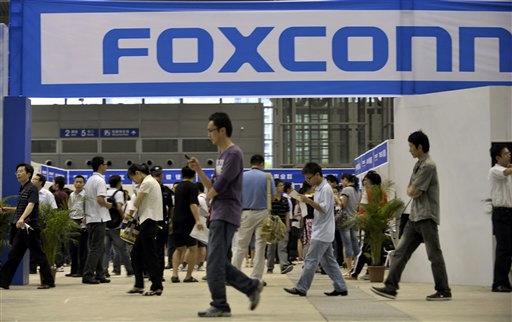
Introduction
On this labor day, the biggest labor news are out of China. A few days ago, a twelfth suicide attempt was successful, making a total of ten deaths at Foxconn, a major electronics assembly company that makes products for Apple, HP, and plenty of other high tech companies. Is Foxconn a microcosm of China's hidden labor problem?
China's Hidden Labor Problem
The twelfth suicide attempt, resulting in ten deaths, brought an unwelcome spotlight on the price of China's economic success: the people working in those plants. Foxconn's huge assembly plant in Shenzheng, which is just over the border from Hong Kong, employed about 120,000 people. The one in Longhua, not that far away, employed 300,000 people.
While percentage-wise the numbers are not actually significant, the fact that they all occurred at one company, even if it is a huge company, has brought attention to the problem of how Chinese workers are treated, and what is the price of your iPhone, iPod, MacBook, and other electronics Foxconn makes for other companies.
Are the workers being worked to death, or driven to suicide? Or are these just the people who are not suitable for the high-stress environment provided by Foxconn? Can Foxconn's screening process have detected them before they were offered a job? The suicide notes left indicated huge disappointment at the reality vs. expectations. However, most of the suicide attempts are of new employees who worked at Foxconn for less than six months. So it is not really a work stress problem, but more of an acclimation problem.
Most workers are Foxconn are from the interior of China, apparently. They pretty much left their rural villages, knowing almost nothing about city life, but only knew that anything is probably better than the village life. Yet when they got to the city, and found a job, they are paid minimum wage, work their *** off, make even MORE money by working overtime, and there seem to be no end in sight. That was not exactly what they had in mind about "making it in the city".Those that can work past this initial stage, probably with some support from fellow workers, will acclimate and thrive. Those who did not... either quit... or die.
The Chinese workers are exploited, with government sanction, and this is hardly the first time. History is repeating itself.
Chinese Foreign Labor, now closer to home
Those who have studied a bit of American History may be familiar with the Chinese laborers that worked on the American Intercontinental Railroad in the 1800's. Most had actually arrived of their own will, as they thought they have a chance at the California Gold Rush. Later, more were recruited straight from the coastal regions, and became known as coolies. What you may not know is coolie is actually transliteration of the Chinese term ku-li, which literally means "bitter strength".
What you may not know at all is that during World War I, several ships were actually dispatched by then government of China as a "labor battalion" to work for the Allies, in exchange for world recognition. Most have never been on a ship, and the long ocean voyage, unfamiliar food, and nausea caused many to die on the voyage. The ship crew refuse to let them out of their rooms, and the US government had basically pretended they "never landed" by keeping them in their train cars. On the US East coast they are loaded into more ships and shipped to England. More died on the way. Upon arrival, they were sent to work on the battlefield, and some were strafed by bombers and fighters. Some were driven insane and died in psych wards somewhere in Europe, virtually forgotten by history.
Is history repeating itself? Is "global commerce" actually making it EASIER for other countries to utilize/exploit Chinese labor, with the government's blessing? Critics of Chinese government, such as NTDTV, certainly think so. Is it deserved? At least partially.
Government for the people, or for exploiting the people?
Critics of Chinese government basically claimed that the Chinese government, in order to take in foreign capital, is basically selling out their labor class, letting foreign companies exploit cheap Chinese labor in order to use their capital to prop up the Chinese economy. The Chinese government is basically "buying" foreign capital and goodwill with their labor class, in a certain sense.
The Chinese government, in many ways is still extremely corrupt. While there are anti-corruption campaigns, the results are mixed. And this is a government that discourage criticisms at any level. All news reported must be positive, even negative news like natural disasters. Coverage of natural disasters are usually centered the survivors, the heroism of the rescuers, the amount of aid rendered, but little about the damage, the victims, and so on.
In the Foxconn case, a Chinese newspaper dug out some Foxconn documents asking its workers to do 80 hours overtime a month, even though the local labor law limits overtime to 36 hours per month. Foxconn and local government then managed to sue the two reporters for libel, trade secrets, and whatnot, and the reporters were pronounced guilty and ordered to pay a huge fine. The fine was later reduced to a symbolic $1 Yuan when Reporters Without Borders and Apple intervened. One wonders if they had not intervened and the verdict had stood, what would that have done to the Foxconn investigation? If this had been only limited to local media, police can probably have suppressed most reports. But the Chinese government do not wish to offend foreign media, so they kept their hands off, and the coverage snowballed from there.
Is this sign of things to come?
While the Foxconn story gripped the news, a different labor action in China was in the back pages... Honda of China parts factory went on strike, crippling production in China. Management had to promise a raise of nearly 25% to get the workers back to production line. The labor leaders did not dare to show their face because apparently the management was taping the proceedings, ostensibly for record, but likely for later retribution. Most ended up wearing facemask to the negotiations.
Thus, the management is definitely paying the laborers as little as possible, and when you think about it, they have the government behind them, because 1) they pay the company taxes, 2) they have the capital to really "grease the wills" (pay bribes). Is the labor class, ostensibly China's "backbone", the proletariat, the workers. Yet this is the class that is getting exploited to make the others richer, at least in a certain sense.
Is this the future of China? Will there be more labor movements causing unionization of labor all across China? What will the government do about it? Will China continue to attract more foreign investment if there is less labor to exploit? (Foxconn is actually a Taiwanese company, part of HongFu Group) Which way will the government lean?
I don't have any answers, but this may spell doom for China's economy in the intermediate and far future.

